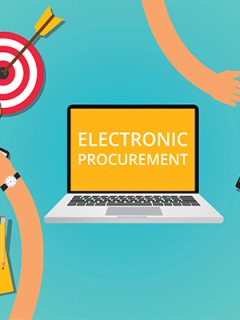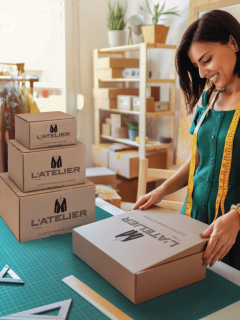On 12 December 2015, the UN Climate Change Conference in Paris (COP 21 for short) came to an end with the agreement on an ambitious goal: in the Paris Agreement, the participating countries jointly decided to reduce global warming to well below 2 degrees.
The RAJA – Danièle Marcovici Foundation was also actively involved in the discussions on climate change and organised a congress at the COP21 on 8 December in the auditorium of the Grand Palais. The Foundation began by presenting the results of its study on the key role of women in the fight against climate change and in protecting the environment.
This is because women are mostly the directly affected victims of climatic changes and natural disasters. At the same time, however, they also possess traditional knowledge and usually contribute innovative approaches to environmental protection. The important role played by women is usually not taken into account, nor is the aspect of gender inequality, which is very important for the realisation of environmental protection programmes. For this reason, the RAJA Foundation, together with the RAJA Group, has launched the action programme for “Women & Environment”, which specifically supports projects that support women and focus on environmental protection. The COP21 conference is also an essential part of this action programme.
A study examining the relationship between female empowerment and environmental protection.
The study “Women & Environment: a key issue for sustainable development” is based on the analysis of international data and the presentation of nine innovative projects implemented by international NGOs. The study shows the interlinkages and positive synergies that exist between improving the status and rights of women, their empowerment in all fields of action and reducing the impact of climate change as well as environmental protection. The following video gives a brief summary of the results:
Two rounds of talks on women and the environment
After the presentation, experts and representatives of various international organisations and civil society discussed the topic of women and the environment in two rounds of talks. The conference brought together people who are already actively working to promote sustainable and fair development and for whom the issue of women’s rights and the fight against gender inequality is central to their actions:
- Corinne LEPAGE, International President of WECF,
- Philippe LEVEQUE, Director of CARE France,Fatour NDOYE, Coordinator of the Institute of Agriculture in Enda Count Sahel, Senegal,
- Hindou OUMAROU IBRAHIM, Coordinator of the Fulani Indigenous Women’s Association of Chad,
- Vandana SHIVA, founder of the Indian NGO Navdanya, winner of the Livelyhood Award,
- Maria-Noël VAEZA, Director of Programmes at UN Women,
- Claudy VOUHE, member of Genre en Action, expert on gender and development issues.















